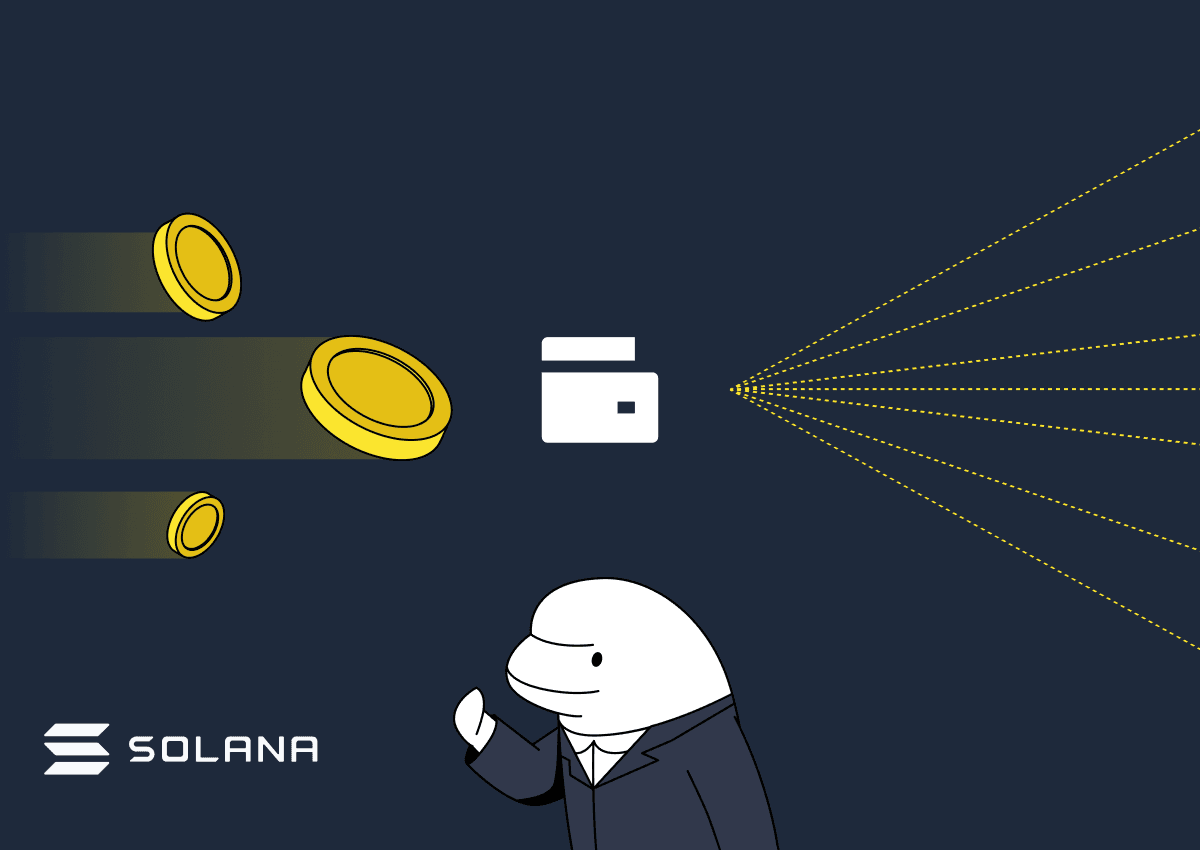VanEck Files for First Solana ETF in the U.S.
By Pratik Updated October 31, 2024

Introduction
On June 27, 2024, investment management firm VanEck announced its intention to file for a Solana Exchange-Traded Fund (ETF), marking a significant milestone for the Solana blockchain and its native token, SOL. This move signals growing confidence in Solana's potential within the rapidly evolving crypto market and highlights the increasing acceptance of digital assets by mainstream financial institutions.
Significance of VanEck's Filing
VanEck’s decision to pursue a Solana ETF is rooted in the broader trend of asset managers seeking regulatory approval for crypto ETFs. Following the recent approvals of Bitcoin and Ethereum spot ETFs, the landscape is becoming more favorable for other cryptocurrencies to enter the ETF market. The introduction of a Solana ETF could provide institutional investors with easier access to SOL, potentially driving increased demand and liquidity for the token.
In the filing, VanEck stated that it believes SOL functions similarly to other digital commodities like Bitcoin and Ether, as it is used to pay for transaction fees and computational services on the Solana blockchain. This positioning of SOL as a commodity, rather than a security, is a notable aspect of VanEck's approach, as it could have implications for the regulatory treatment of the token.
If approved by the SEC, the VanEck Solana Trust would be listed on the Cboe BZX Exchange and would provide investors with direct exposure to the Solana cryptocurrency. The fund would be 100% collateralized with SOL, stored at a regulated crypto custodian with crypto insurance coverage.
Potential Market Impact on SOL
The news of VanEck's Solana ETF filing has already had a positive impact on the SOL token price, with the cryptocurrency jumping by around 8% to $147.95 on the day of the announcement. This surge in price reflects the market's enthusiasm for the potential launch of a Solana-based ETF, which could bring increased institutional and retail investment into the Solana ecosystem.
This trust in Solana is not new to VackEck, as earlier, top analysts from the firm had projected that Solana could become a top-three blockchain in terms of market capitalization, total value locked (TVL), and active users within 2024.
However, it is important to note that the chances of the Solana ETF being approved by the SEC in the near future are relatively low, as the regulator has not yet approved any ETFs investing in Solana futures, let alone spot Solana ETFs. The SEC has been cautious in its approach to approving crypto-based ETFs, and it may take some time before it feels comfortable with the regulatory landscape surrounding Solana and other digital assets.
Conclusion
Solana has been gaining traction in the DeFi space, with its TVL increasing significantly. According to recent data, Solana’s TVL has surged by over 1600% from the past year, reaching nearly $4.4 billion as of June 2024. VanEck's filing for a Solana ETF represents a pivotal development for the SOL token and the broader cryptocurrency market. If approved, the ETF could facilitate greater institutional investment in Solana, driving demand and potentially increasing the token’s value. Although approval may not come any time soon, the crypto community eagerly awaits its listing by the end of this financial year.
Join the Beluga Brief
Dive deep into weekly insights, analysis, and strategies tailored to you, empowering you to navigate the volatile crypto markets with confidence.
Never be the last to know
and follow us on X








